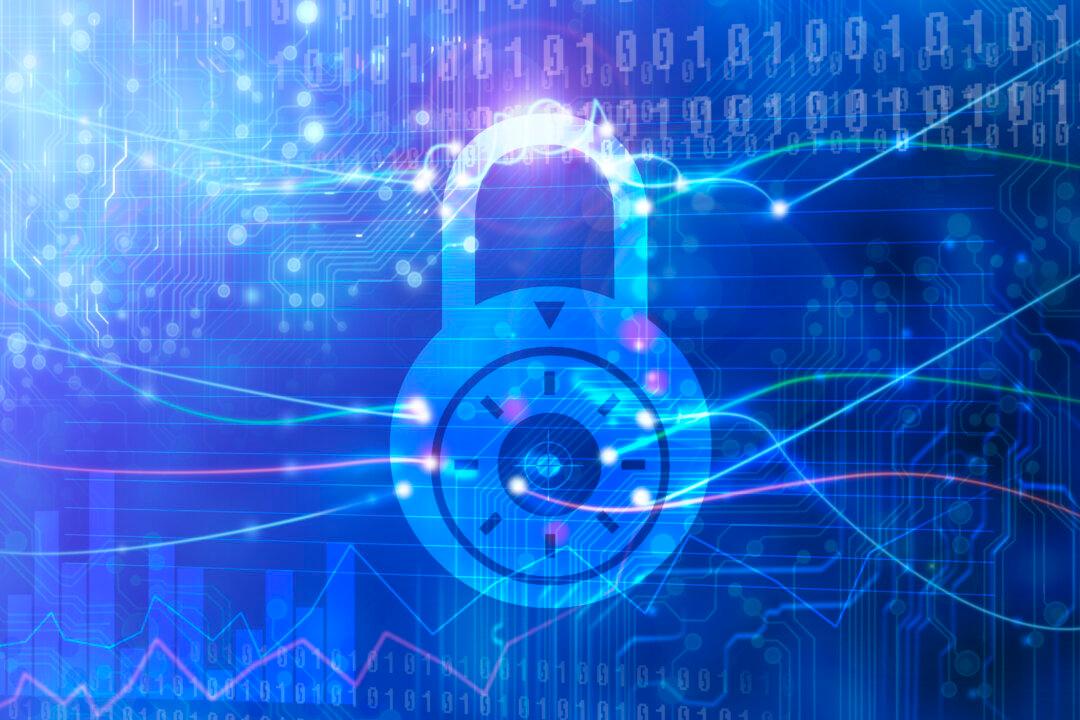Australian Independent MP Andrew Wilkie on June 2 called on the Department of Defence to explain why it extended its contract with a foreign-owned data storage company to house sensitive government and strategic data for another five years, despite initial intentions to end the lease arrangement by September 2020.
Amid increasing geostrategic competition in the Indo-Pacific, fueled by an increasingly expansionist and aggressive Beijing and onshore cyberattacks in recent months, Wilkie called for the immediate termination of all Australian government contracts with foreign-owned data storage firms.





